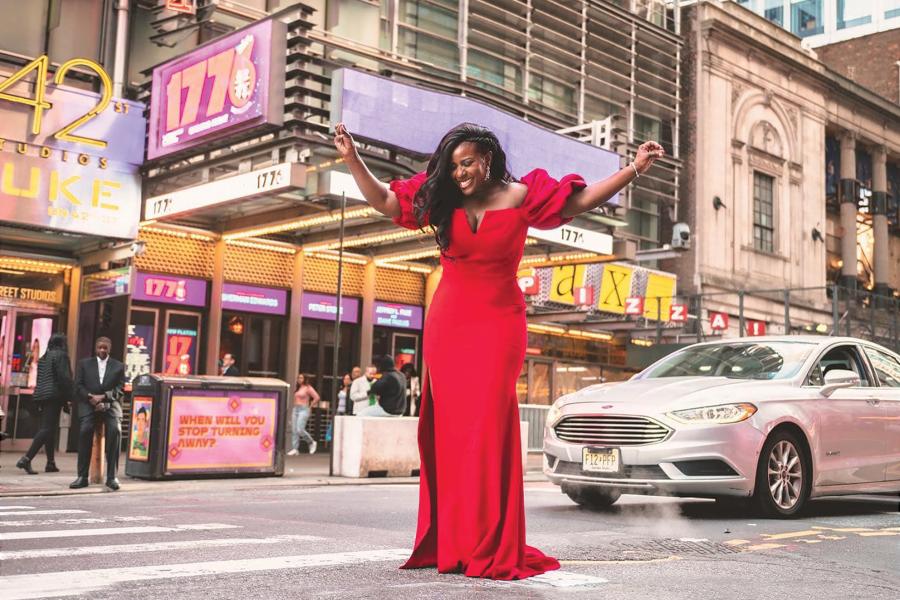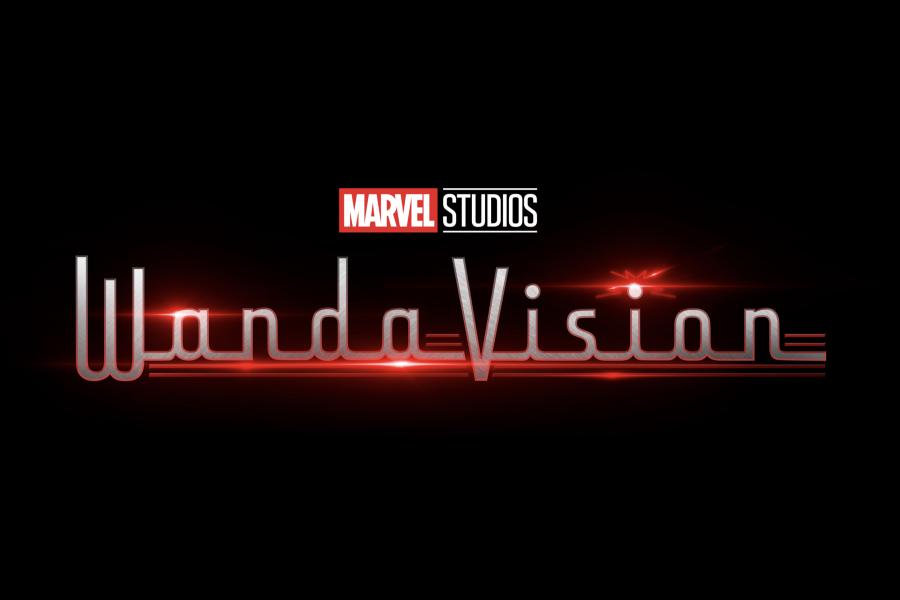100%
8
94%
What will I do in the B.F.A. Acting degree program at Western?
Get meaningful conservatory-style training in a variety of areas in the industry: film and media acting; ensemble-based devising; new play development; content creation; exceptional vocal and physical work; professional preparation for stage and film; audition techniques; improv; and challenging scene work from various genres.
This stimulating curriculum provides the flexibility for the B.F.A. Acting major to focus on the areas of training that most cater to their goals and sets our Â鶹´«Ă˝s up for designing the careers they want.
Recent WMU graduates with degrees in acting are working as:
- Actors and musical theatre performers
- Directors
- Voice-over artists
- Casting directors
- Stage managers
- Agents
- Producers
- Movement and voice specialists
- Professional dancers
Here are some of the organizations they work for:
- Marvel Studios
- Dreamworks
- Disney Corporation
- Broadway
- New York City off-Broadway productions
- National Tours
- Broadway in Chicago
- Chicago Shakespeare Theater
- Seattle Repertory Theatre
- Oregon Shakespeare Festival
- Various film and television productions
I am extremely impressed with the level of talent, preparedness and professional behavior that I find in every Â鶹´«Ă˝ I audition from Western Michigan's theatre program—amazing young Â鶹´«Ă˝s.
What will I learn in my B.F.A. Acting classes?
The B.F.A. in Acting builds your creative foundation for work grounded in truth, connection, imagination and craft. The B.F.A. Acting sequence for both stage and camerawork includes moment-to-moment work, script analysis and preparation, voice work, intimacy direction and the physical training necessary for the stillness of film and the freedom of stage.
Our faculty and world-class guest artists continue to work in their respective areas of specialty to provide cutting-edge training as the industry evolves. Students will strengthen their performance skills, develop meaningful relationships with their mentors, gain broad knowledge of their future industry and have ample Â鶹´«Ă˝ to perform. We prepare our Â鶹´«Ă˝s for success.
Are scholarships available for acting Â鶹´«Ă˝s?
How do I audition for the theatre program?
After you complete your application for the B.F.A. in acting program, you will have the choice of auditioning in person or virtually. The guidelines for each audition format are detailed here:











